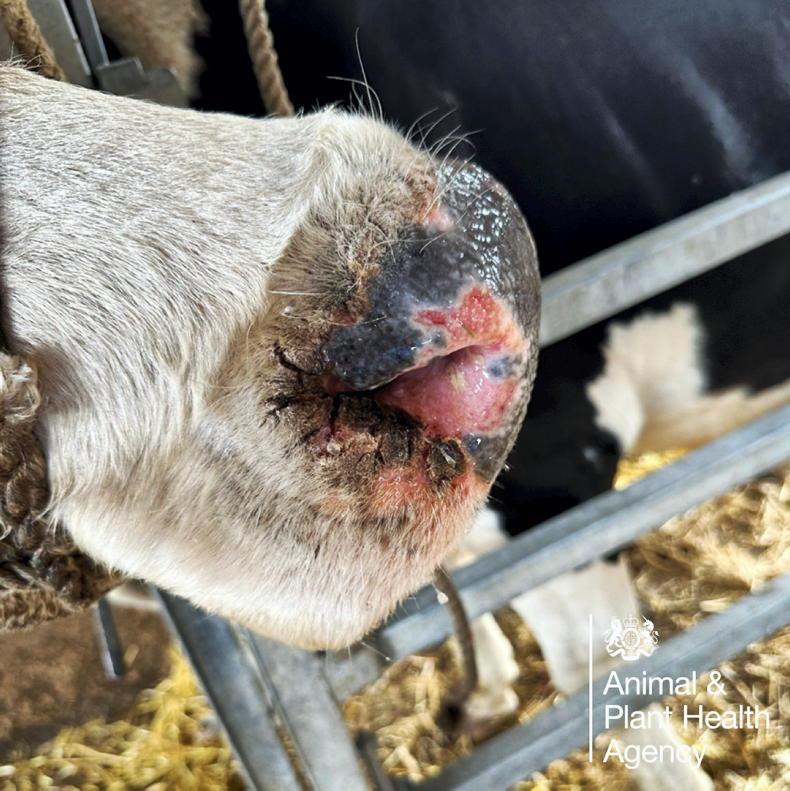With the EU withdrawal agreement making its way through the House of Lords this week, the path is clear for the UK departure from the EU on 31 January.
Unlike the lead-up to the missed deadlines last year, this major event, which is just two weeks away and in the middle of the general election campaign, is approaching with little publicity. One reason is that the withdrawal agreement means that nothing will change in practice on 1 February, as the UK moves into transition or implementation phase.
During this period, which is scheduled to last until the end of 2020, the UK and EU will negotiate a future trading relationship, or free trade agreement (FTA), as it is commonly referred to.
There is an option to extend this for up to two years, but the UK Government has indicated that it will not request an extension and will break all ties with the EU at the end of 2020, whether a FTA is agreed or not. This is now a date of real concern for farmers and exporters that supply the market in Britain.
The UK Government has indicated that it will not request an extension and will break all ties with the EU at the end of 2020, whether a FTA is agreed or not
NI protocol
The withdrawal agreement ensures the UK has a smooth departure from the EU with the new deadline at the end of the year. However, one part of the future trading relationship has been taken care of in the withdrawal agreement. Trade on the island of Ireland will remain seamless, due to the Northern Ireland protocol in the withdrawal agreement. This allows for Northern Ireland to remain aligned to EU tariffs and standards, irrespective of what FTA is agreed between the EU and UK, or even if there is no agreement at all.
This works from a Northern Irish farmer’s viewpoint, in that the one-third of milk and 45% of lambs that have traditionally gone south for processing can continue to do so. Similarly, pigs and cattle that have moved from the south to the north will be able to do so uninterrupted after the UK leaves the EU.
EU-UK negotiation
While the Irish protocol in the withdrawal agreement takes care of trade on the island of Ireland, the trading relationship between Ireland and the rest of the UK will be settled by the negotiation of a FTA between the EU and UK. Negotiation of trade deals by the EU have traditionally taken years, yet there are only a few months available to conduct these negotiations, if the UK maintains its position of not extending the transition period. If the UK agreed to retain UK production standards and customs alignment with the EU, it would mean the entire UK was adopting the position that has been agreed for Northern Ireland.
However, the UK has indicated that it does not intend to be bound by EU rules after the end of the transition period on 31 December 2020, which makes negotiation of a deal in the time available much more complex, if not impossible.
Trade on the island of Ireland will remain seamless, due to the Northern Ireland protocol in the withdrawal agreement.
Irish–British trade
The nightmare scenario for Irish farmers is that the UK chooses to diverge and departs the transition arrangement at the end of the year, either without a deal or with a very limited deal. The UK indicated last March, ahead of the original scheduled departure date, the tariffs it would impose in the event of a no-deal Brexit. Though these have never been formalised in law, they remain an indication of likely UK policy if no deal can be negotiated during the transition period.
A very liberal trade policy has been suggested, where the UK would create a 230,000t zero-tariff beef quota, which would be open to all WTO members with dairy tariffs slashed, thereby widening access to the UK market in direct competition for Irish exports. Sheep meat tariffs would be maintained at WTO levels, as the UK is a net exporter and therefore they want to protect the home market.
Could there be a back door?
With the Irish protocol, trade can continue unhindered on the island of Ireland. This means that produce from the Republic of Ireland can freely enter Northern Ireland.
There have been no measures indicated that would put a check on trade between Northern Ireland and Britain. Therefore, it follows that Irish exporters could transit through the North to British markets.
It is very clear that while the withdrawal agreement may be in place, much remains to be resolved before the end of this month when the UK completes its break with the EU.









SHARING OPTIONS